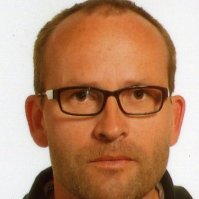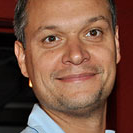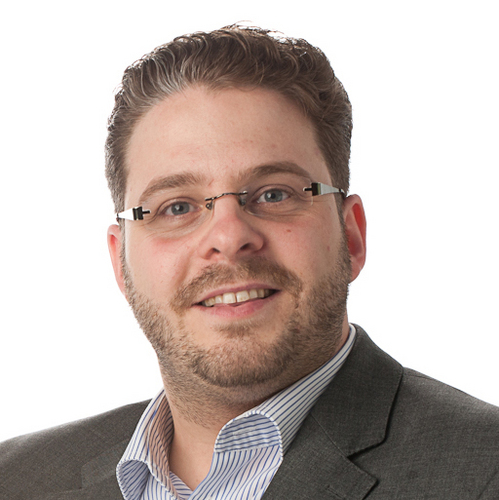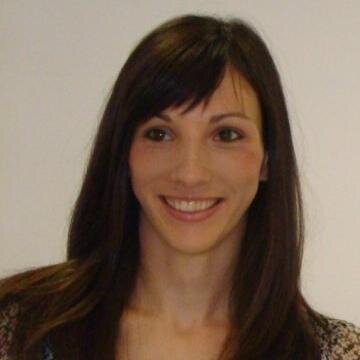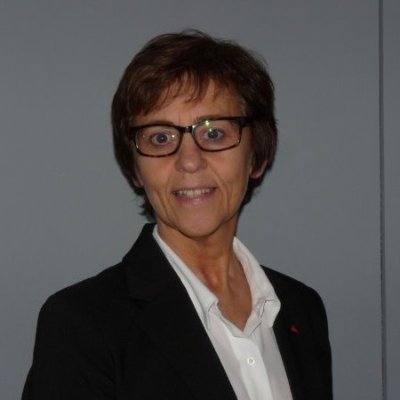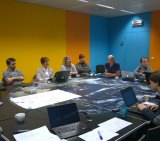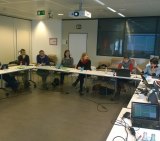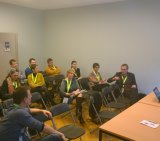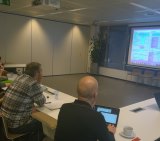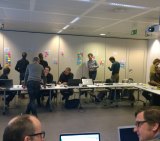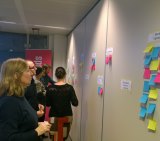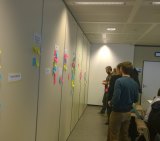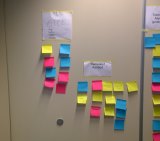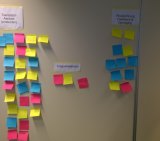
Open Tourism
A community supporting Digital Creativity in Tourism.
About Open Tourism
This working group supports digital creativity concerning tourism and hosts an “Open Standard for Tourism” Vocabulary, which is a reusable Ontology for describing tourism data.
Want to help to simplify travelling? Help out commuters? Then contact us.
“In the touristic data-landscape openness is not the issue: the essence of the industry runs on its data being available to an audience as big as possible. In such an environment of multiple sources happily sharing their own part and version of the truth, unfortunately, the issue then is to understand all of it in a coherent way. This first iteration of the semantic touristic vocabulary is rightfully something that deserves the international attention of the touristic community.”
Newsletter
Join the conversation on our mailinglist!
Tools and resources
Projects
Towards a sustainable mobile tourism guide
The ‘Open Standard for Tourism” Vocabulary is developed in the research project, ‘Towards a sustainable mobile tourism guide’ (Thomas More, iMinds).
Both local governments, tourism organisations as well as developers of apps for the sector will be invited to make Tourism Data more exchangable and resusable for mobile applications.
Westtoer - project "Datahub"
The DataHub project at Westtoer got its origins in a rather typical view of building a central data-exchange system to control the growing costs of developing and maintaining bridges and mappings to synchronize information between all possible sources of data and the publication channels that should be fed.
Rather atypical we avoided the trap of building yet another central system that eventually concedes at only building another system to bridge to, simply because it fails at maintaining its central role. Instead we found ourselves embracing the modern insights of rest-architectures, web-semantics and linked open data. Combined with a vision of making sure that all parts can be replaced we achieved the paradoxical opposite: the resulting collaboration survives.
During the “Mobile Guides” project we got the chance to meet and collaborate with different organizations in the touristic domain struggling with similar perils in the information interchange. Jointly defining the Touristic Vocabulary and adopting it as soon as possible is fitting our strategy to disseminate the information about our touristic products with an ever wider reach. We like to believe we now have an architecture and vocabulary, but more importantly even an attitude towards exchanging information that is as hospitable as our touristic region itself!
Status of This Initiative
What if…
...the tourist experience is more diverse than ever, covering a spectrum that goes from the family looking for a nice hotel with guided tours, to a backpacker who travels alone and surfs somebody's couch.
However, there is one factor that is common across all kinds of tourists: the need for digital services to get information, plan trips, reserve accommodations, get in touch with other tourists, consult maps to visit places, rate restaurants or share experiences. Imagine we could use the same services in different places around the world without the need for searching new service providers or new apps every time we visit a different place or city.
What is
A lot of projects fail because the underlying systems and databases are too difficult to connect or because it is too costly to do. Data are often locked in isolated silos, that can't be reused outside an existing website or mobile app.
What could be
Linked Open Data aims to connect these solitary pieces of information to other data sources on the web. If each data is linked, we can jump from link to link to retrieve and discover new knowledge: suggesting interesting attractions, thematic walks, or other nearby services.
A new initiative!
There are already good initiatives focusing on reusable apps and data. But we need more Open Data and a common language for machine readable touristic information. Therefore we've joined forces in a new working group which supports digital creativity concerning tourism and host an “Open Standard for Tourism” Vocabulary, which is a reusable Ontology for describing tourism data.
“In order to serve tourists better, it is essential that they get as much relevant data as possible. Only when the different data sources are easily available, also for third parties, this is possible.”
Events
Hackathon, March 5th 2016
During the hackathong there will be a community meeting.
This meeting is relevant for those intrested in shaping the future of open tourism: "Supporting Digital Creativity in Tourism".
Open Belgium 2016
At Open Belgium 2016 we will be having a workshop about "Linked Open Data publishing and discovery".
We will share and discuss the ‘Open Standard for Tourism Ecosystems Data’, developed by touristic actors in Flanders and a tool for aggregating existing data and mapping it to the tourism vocabulary.
Workshop: Getting Started with Open Tourism Data
Workshop organized on 21st of January 2016 in Mechelen, Belgium. The workshop focused on tourism data: publishing raw data, getting from raw data to linked data, hands-on explanation of the tools that facilitate working with tourism data.
Open Belgium 2015
During Open Belgium 2015 we had a workshop about the importance of enriching your online content with semantic annotations.
We wrote a blogpost about what we did that day.


